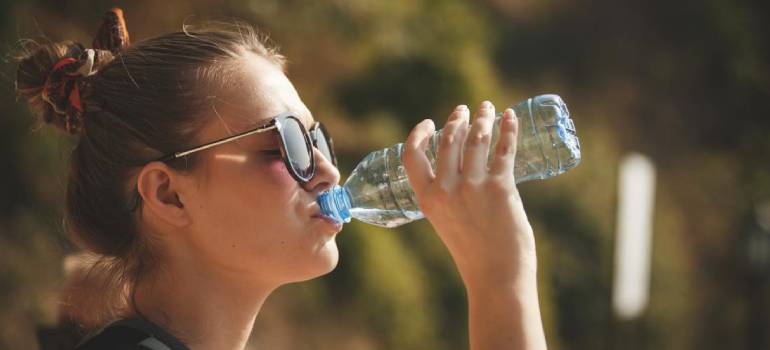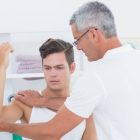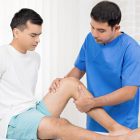Even if you are working out in hot weather or in a humid exercise room, you are more prone to the risk of overheating. It is important to understand how heat affects the body and how it can be managed to stay cool when the temperature rises. Being ready can assist you to exercise safely in most situations.
How does exercising in a hot climate affect your body?
Training in hot climates places more strain on your body. If you are not careful when doing high-temperature exercises, you may get serious illnesses. Exercise, air temperature, and humidity increase your core body temperature. To help you cool down, your body works as a natural cooling system. It helps to maintain a safe temperature. When you exercise at high temperatures, your cooling system works harder. For that, your body pumps more blood to the skin and muscles which increases your heart rate and you sweat a lot to lose water along with heat through your body.
In case of the humid weather, sweat remains on your skin, which makes it difficult for your body to cool down. If your body’s temperature regulation system is overburdened, you are at risk of developing heat-related dangers!!
- Heat Cramps
It is sometimes called exercise-related muscle cramps. These muscle contractions are painful and occur with exercise. The strained muscles may feel tight and tender to touch. Even if your body temperature is normal you may feel camps and pain in the affected muscle.
- Heat Syncope
It is a sense of dizziness or collapsing usually caused by exercising at higher temperature. Exercise-related crashes feel dizzy or faint immediately after exercise, particularly if you stop running immediately after a race or long run.
- Heat exhaustion
In heat fatigue, your internal heat level ascents as high as 40o C, and you might encounter dizziness, vomiting, nausea, cerebral pain, blacking out, perspiring and chilly, damp skin. If not treated in time, heat fatigue can prompt heatstroke.
- Heatstroke
It is a hazardous crisis condition that happens when your internal heat level is more noteworthy than 40o C. Your skin might feel absence of sweating, or it could be clammy. You may experience short-term confusion, irritability, cerebral pain, heart mood issues, unsteadiness, blacking out, nausea, visual issues and exhaustion. You need prompt clinical regard for forestall mind harm, organ disappointment or even passing.
Tips to keep your body cool and avoid heat illnesses
- Know the climate
Focus on the weather forecast and heat warnings. Know the temperature is predicted to be for the period of your prearranged outdoor activity
- Get acclimatized
Start working out at the same level you’re used to exercising indoors; try to take it at the lower pace when you work out in the heat. Once your body adjusts to the hot temperature over the period of one to two weeks, slowly increase the intensity and frequency of exercise.
- Know your wellness level
- Hydration!!
- Proper cloth wearing
In case you’re unsuitable or new to working out, be additional careful when working out in the hot weather. Your body may not be resistant enough to the warmth. Lessen your activity power and take successive breaks.
Drink water during pre and post workout. Keep yourself well hydrated to improve the body sweating and cool down mechanism. Consider electrolyte rich drink instead of plain water if you are planning to exercise at higher intensity. Sports drink replenishes the lost sodium and potassium in sweating. Avoid alcohol a night before your workout as it can promote the fluid loss.
Loose-fitting t-shirts and track pants assist sweat evaporation and promotes cooling. Keep away from dark tones, which can retain heat. Prefer wearing cool coloured wide brimmed cap.
Try to plan exercise at the beginning of the day or evening when it’s probably going to be cooler outside. Try to exercise in shady areas.
- Know your medical risk
Certain ailments or drugs can increment your danger of a warmth related sickness. Talk to your doctor prior, if you intend to work out in the hot climate.





